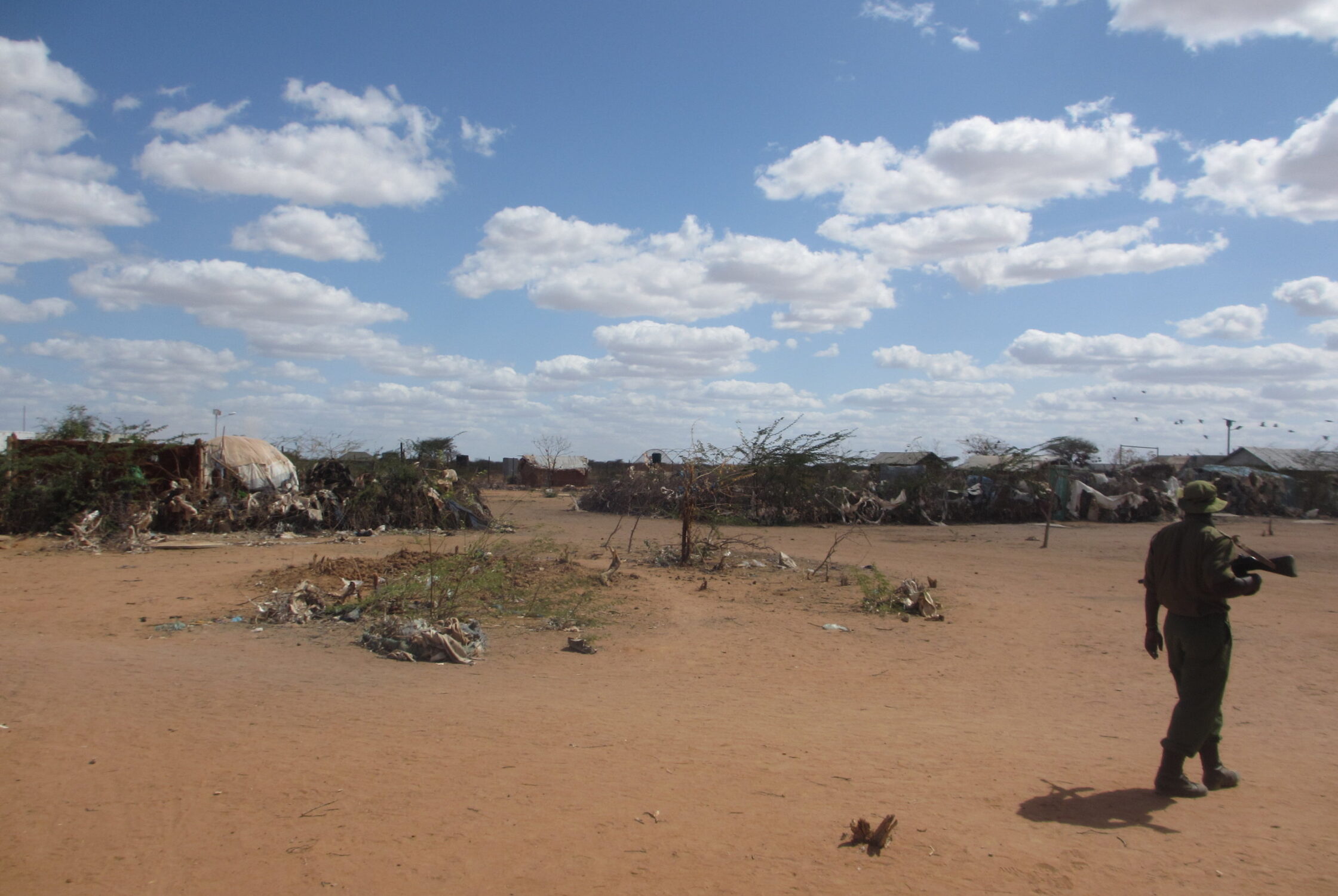Refugees International Applauds Kenyan Court’s Decision on Dadaab Refugee Camp

Refugees International applauds the decision by Kenya’s High Court to strike down the Kenyan government’s order to close the Dadaab refugee camp and disband its Department of Refugee Affairs.
Dadaab is home to around 275,000 refugees, mainly from Somalia, who have fled violence and hunger in their homeland. In May 2016, citing national security, the government announced that Dadaab would be shuttered and that refugees would be repatriated to their home countries. In particular, the closure of Dadaab and the forced repatriation would have subjected the Somali refugees to a precarious future, with continuing instability and food insecurity taking place in Somalia.
Today, Judge John Mativo of Kenya’s High Court found that: “The government decision specifically targeting Somali refugees is an act of group persecution, illegal, discriminatory and therefore unconstitutional.” Further, Judge Mativo stated that the camp shutdown was ordered without the proper consultation of the affected population and that the Interior Cabinet Secretary had overreached his authority. As a result, Mativo ruled that the government’s decision to close Dadaab is “null and void.”
In September 2016, a team from Refugees International (RI) conducted a mission to Kenya and Somalia to assess the impact of the government’s announced camp closure. RI found that Somali refugees would face considerable insecurity if the Kenyan government proceeded to close Dadaab camp, and that large-scale refugee returns to Somalia are unsustainable.

Refugees International supports the High Court’s decision and views it as a monumental step in protecting refugees in Dadaab.
Kenya’s judicial branch has affirmed the rights of refugees and recognized the reality that the security conditions inside Somalia are not conducive to large-scale refugee returns.
Unfortunately, however, the government’s threat to close Dadaab has already caused a great deal of damage. Lives were upended, many children had stopped going to school, and the provision of basic services had been reduced. In the wake of this ruling, donors must reaffirm their financial support for assistance programs in Dadaab, and the Kenyan government must re-establish the Department of Refugee Affairs and resume the processing of asylum-seekers who continue to flee the ongoing crisis in Somalia.
There are currently more than one million Somalis displaced within their own country, and according to the United Nations, around five million Somalis are food insecure. The Famine Early Warning Systems Network (FEWS NET) warns that Somalia may experience famine in 2017 if the April to June rains are poor.
In September, during RI’s mission to Kenya, refugees in Dadaab told RI they were repatriating to Somalia through the UN’s return program because they feared reprisal by the Kenyan government if they did not. One refugee said he was worried that “the government will beat us or set the camp on fire if we don’t leave.” Refugees International issued a report about the circumstances for the Somali refugees in Dadaab and for those who have already repatriated to Somalia in the report, “This is About Fear…Not About Choice” – the words of another Somali refugee facing repatriation. While in Somalia, RI met with recently returned refugees who were anxious about how they would support their families given the lack of livelihood opportunities and basic services in much of Somalia.
Given conditions with Somalia and the difficult choices facing Somali refugees, RI welcomes Judge Motiva’s ruling blocking the Kenyan government’s actions and effectively keeping Dadaab open for the foreseeable future.
Please read the full Kenya-Somalia field report here.